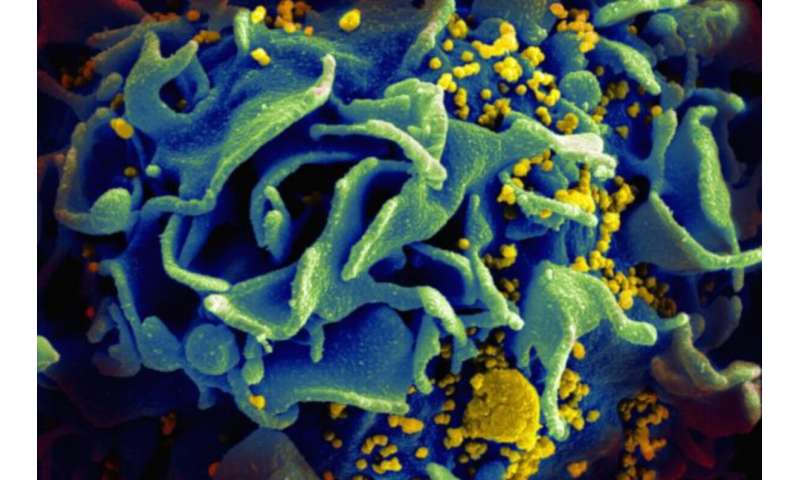

Transgender women—people born male who identify as women—are the population most at risk for HIV. They are also the most understudied population.
“We need to find out who they are, how old they are, where they live, where they work, what’s their lifestyle,” says Dr. Cheryl Holder, an HIV specialist and associate professor at the Herbert Wertheim College of Medicine. “Because until we understand fully what makes somebody high risk, how are we going to intervene?”
Holder has been studying this vulnerable population for years and is the lead author in a recent study on the Disparities of HIV risk and PrEP use among transgender women of color in South Florida. PrEP means Pre-Exposure Prophylaxis, a daily pill to prevent HIV infection. The medication is costly, about $1,800 a month, but there are drug assistance programs for those who can’t afford the pill; however, there is the added cost of follow-up blood tests every three months.
Of the 60 transgender women who participated in the study, 85 percent were Latina or African-American/non-Hispanic black. Although the number of subjects is not statistically significant, the findings showed definite trends.
“Black trans women were less aware of PrEP than Hispanics and less likely to use it,” says Holder.
Seventy-six percent of Latinas had knowledge of PrEP compared to 47.6 percent of blacks. But even those aware that there’s an efficient prophylactic pill are not always taking advantage of it. Only 8.2 percent of the trans women reported current or previous PrEP use, and none of those who did was black.
Miami-Dade and Broward counties have some of the highest rates of new HIV infections in the nation. Lack of awareness and education about HIV prevention adds to an already challenging situation for trans women.
“These women are often abused, bullied, rejected in the workplace and marginalized by society and even their families,” Holder says. They often turn to the sex trade to make a living. “It is a fast way for them to make money to pay for the hormones and [reassignment] surgery they want, but it also puts them at greater risk for HIV.”
Fifteen percent of the participants in Holder’s study reported living with HIV. A greater number (18.6 percent) said they didn’t know whether they are infected or not.
The study’s findings suggest a need for education and public health campaigns to increase awareness and utilization of PrEP among racial minorities in South Florida, particularly among black women who are most at risk and had the lowest knowledge and use of PrEP.
Source: Read Full Article